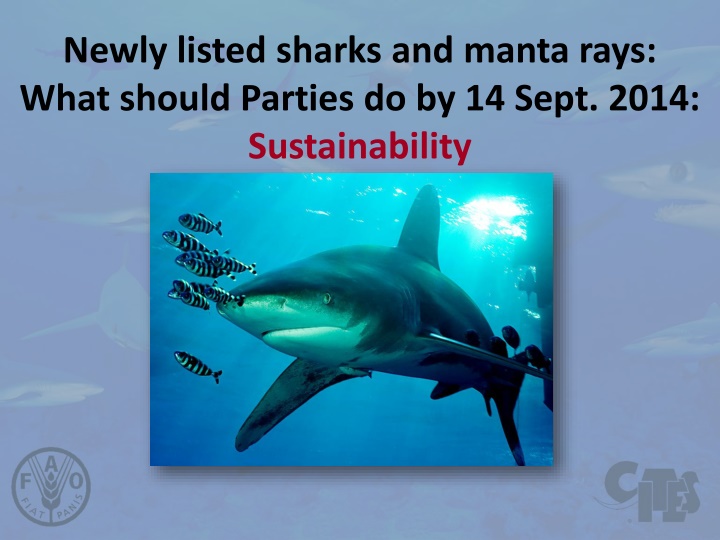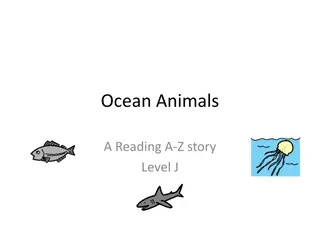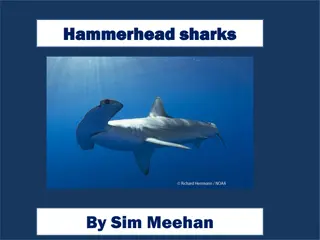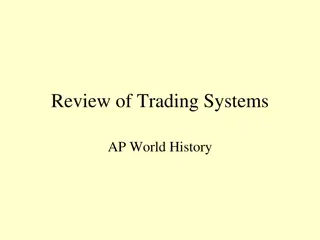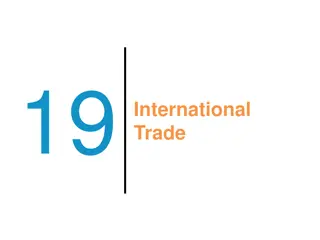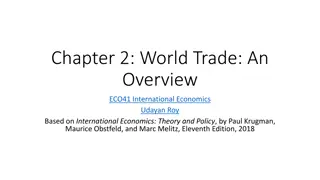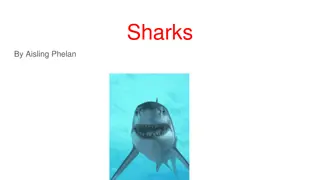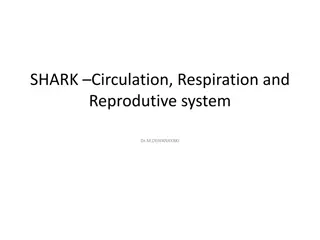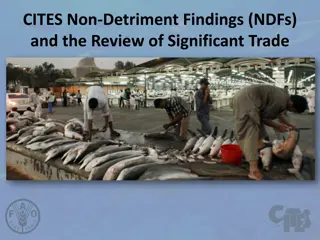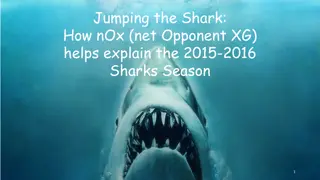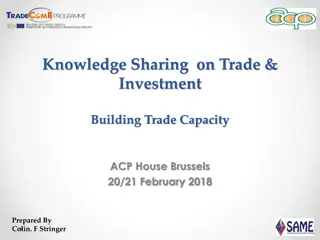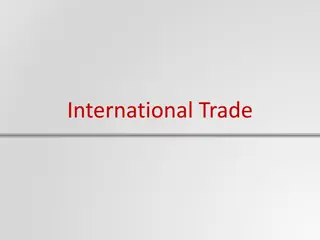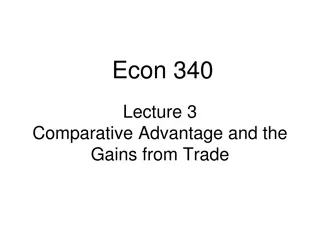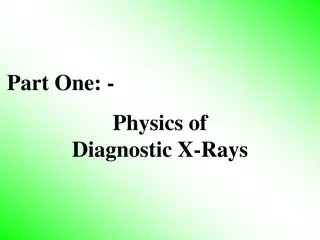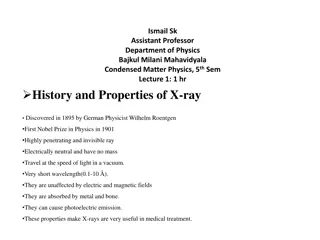Ensuring Sustainability in Trade of Newly Listed Sharks and Manta Rays
Parties involved in the trade of newly listed sharks and manta rays must adhere to specific guidelines outlined by CITES Scientific Authorities to ensure the survival of the species. This includes obtaining non-detriment findings (NDFs) through scientific assessments, monitoring export permits, setting quotas, and consulting with relevant bodies. NDFs should not be standardized but tailored to individual species and nations. By following these protocols, the trade can be managed sustainably while safeguarding the species' survival in their ecosystems.
Download Presentation

Please find below an Image/Link to download the presentation.
The content on the website is provided AS IS for your information and personal use only. It may not be sold, licensed, or shared on other websites without obtaining consent from the author.If you encounter any issues during the download, it is possible that the publisher has removed the file from their server.
You are allowed to download the files provided on this website for personal or commercial use, subject to the condition that they are used lawfully. All files are the property of their respective owners.
The content on the website is provided AS IS for your information and personal use only. It may not be sold, licensed, or shared on other websites without obtaining consent from the author.
E N D
Presentation Transcript
Newly listed sharks and manta rays: What should Parties do by 14 Sept. 2014: Sustainability http://www.aquaportail.com/pictures1208/carcharhinus-longimanus-requin-longimane.jpg
Sustainability CITES Scientific Authorities must: Determine that proposed trade will not be detrimental to the survival of the species Monitor both the export permits granted and the actual exports and whenever they determine that the export should be limited, in order to maintain the species throughout its range at a level consistent with its role in the ecosystems and well above the level at which it might qualify inclusion in Appendix I, advise the CITES Management Authority of suitable measures to be taken to limit the grant of export permits for specimens of that species.
Scientific assessments: Non-detriment findings (NDFs) Parties must ensure trade will not be detrimental to the survival of the species, through scientific assessments on species status in the national/regional territory NDF is effectively advice by a Scientific Authority of the exporting country that a proposed trade transaction will not be detrimental to the survival of a species (CITES Art. III & IV)
Scientific assessments: Non-detriment findings (NDFs) NDFs are the responsibility of the competent Scientific Authorities in the State undertaking the export or introduction from the sea
Sustainability NDFs are not One-size-fits-all for all species and countries A prescriptive standard with specific thresholds or demands Determined by bodies outside of the State of export/introduction from the sea
Sustainability - NDFs can Use best available scientific information Use different methodologies Establish nationally-established quotas Be made in consultation with other national Scientific Authorities, international scientific agencies (Article IV Para.7)
Sustainability - Non-detriment findings (NDFs) Examples of elements of NDFs: Species biology, range, population, threats Population structure, status and trends Harvest and mortality data Management measures (in place or proposed) Monitoring/conservation status Population monitoring (Resolution conf. 16.7)
Sustainability - Non-detriment findings (NDFs) Recommended issues to take into account: Volume of trade vs. vulnerability of species Correct identification of the species Methodology reflecting origin, type, taxonomic characteristics of specimen exported Implementation of adaptive management (Resolution conf. 16.7)
Sustainability - Non-detriment findings (NDFs) In making NDFs, States may use Scientific literature Ecological risk assessments Scientific surveys Knowledge and expertise of local and indigenous communities Consultations with local, regional and international experts National and international trade information (Resolution conf. 16.7)
Sustainability - Non-detriment findings (NDFs) Parties are encouraged to: explore methods for making NDFs share experiences and examples of ways of making NDFs, including through regional or subregional workshops maintain written records of the science-based rationale included in the Scientific Authorities NDF assessments to offer, on request, cooperative assistance to developing countries, for improvement of capacity to make NDFs, based on nationally identified needs.
Non-detriment findings (NDFs): Compliance procedure? Authorized trade is likely to take place at unsustainable levels if: There is no adequately functioning mechanism for the Scientific Authority to advise on safe levels of trade, or Non-detriment findings are incorrect or not made, or The Management Authority issues export permits contrary to the advice of the Scientific Authority, or No adequate monitoring takes place
Thank you for your attention! CITES and FAO working for legal, sustainable and traceable international trade in sharks and manta rays, supported by the European Union 12
